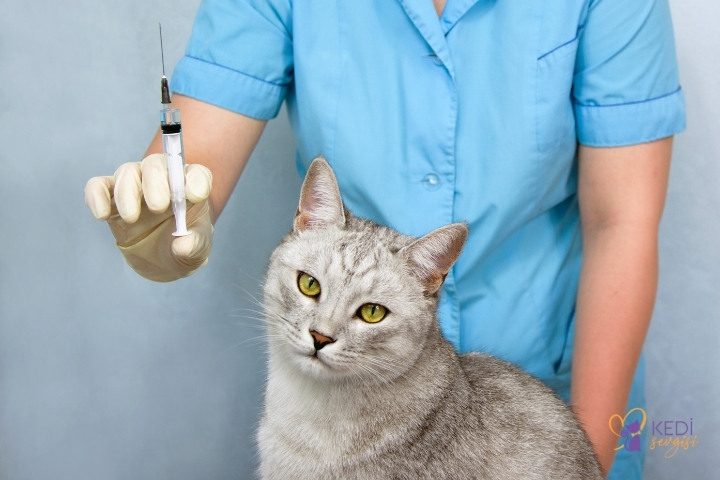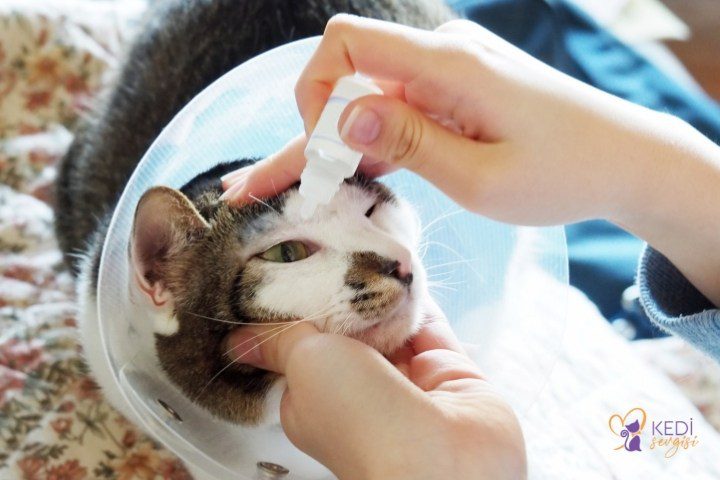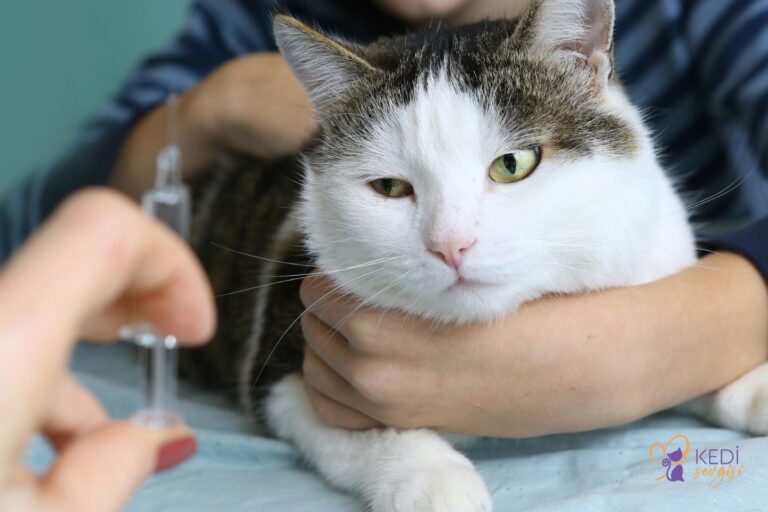What are the Symptoms of Cat Eczema? 2022 Cat Eczema Treatment
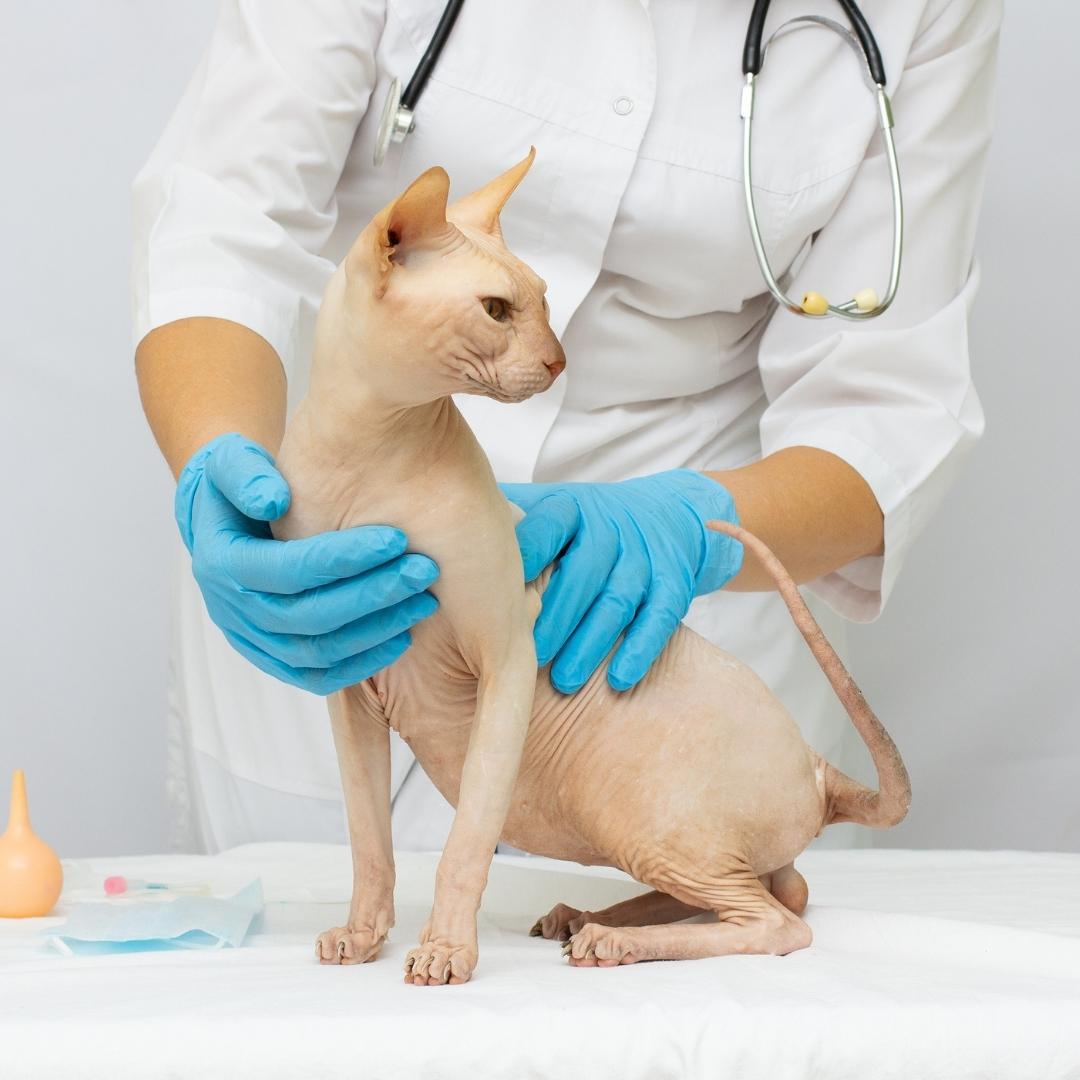
Feline eczema is a common health problem, although not as common as in dogs. Eczema is a skin disease, also known as dermatitis. It is the most common type of skin problem in cats. In short, it is a condition where inflammation occurs on the skin of cats. It’s a problem that needs to be taken seriously. If eczema progresses in cats, it negatively affects their quality of life. For this reason, individuals should know the answer to the question ‘what isfeline eczema?
What are the Symptoms of Cat Eczema?

Feline eczema is a generalized name for different types of allergic reactions. The symptoms can be observed externally. The most common symptoms of eczema can be summarized in a few points.
- The most common symptom of cat eczema is severe itching of the head and neck.
- Red spots appear on the skin surface. Sometimes these spots may look inflamed inside.
- The cat may have a change in skin color. There is also a feeling of roughness on the surface.
- Hair loss can occur completely or locally.
- Cats may lick itchy areas too often. This can result in sores on the skin.
The symptoms of eczema mentioned above can be seen with different severity in each cat. However, if any of these symptoms occur, they should not be neglected and the cat should be taken to a specialized veterinarian immediately. This is because feline eczema is a health problem that should be taken seriously.
What Causes Eczema in Cats?

There are many factors that contribute to cats getting dermatitis. The first and most important of these is infectious growths such as bacteria, fungi or yeast. Generally, cats that have a lot of contact with the outside are at risk of this risk factor. In addition to these, fleas from nature can also cause cat eczema. Disorders in the diet can also cause cat eczema. Especially foods that are not given in accordance with age groups damage the immune system of cats. A cat with a weakened immune system is always at risk of eczema. There are many other causes of dermatitis. You can find detailed information on this subject through veterinarians.
How to Treat Cat Eczema?
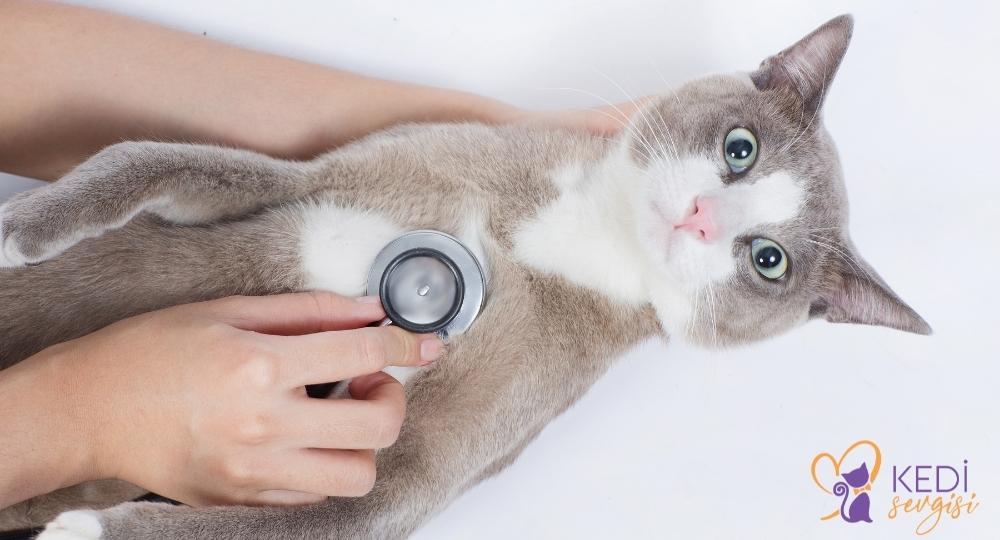
When a veterinarian diagnoses feline eczema, the problem causing the disease is first diagnosed in order to begin the treatment process. The veterinarian then determines a treatment roadmap. The general treatment method is the use of medication. Creams, solutions and oral medications are commonly preferred. To supplement the treatment process, veterinarians can reshape the cat’s diet. Food types suitable for the cat’s age and characteristics can be prescribed instead of the food it consumed before. In addition, there is also an important task for the owners. During the treatment process, cats need to live a stress-free life. It is also the owners’ duty to ensure this.
Is it Possible to Treat Eczema in Cats at Home?
It is desirable to treat cat eczema at home. This is because not everyone can handle the psychology of having a cat under veterinary supervision. For this disease alone, the cat does not need to be under supervision anyway. You can continue the treatment by using the medications given by the veterinarian and paying attention to some points. However, you should increase your observation and take it to the vet for a follow-up after a certain period of time.
How to Use Eczema Medicines in Cats? Cat Eczema Spray Usage

Medicines for eczema in cats are usually in the form of sprays. Sprays will be effective in healing the wounds caused by eczema. While the cat’s wounds heal, the effect of discomfort such as itching due to these wounds will also pass. The use of the spray usually offers healing by spraying the redness and wound areas caused by eczema. However, you should ensure that it never touches the cat’s eyes during use. However, you should also prevent them from licking their paws so that the medicine does not come into contact with their mouth.
How Long Does Eczema in Cats Last?
Diseases that occur in cats will be seen for different periods of time from cat to cat. The extent of the diseases, the recognition of the owner and the treatment methods to be carried out will determine the healing process. At this point, unfortunately, a clear recovery time cannot be given for eczema. Nevertheless, veterinarians try to reassure the owners by giving an average recovery time. Providing a good and follow-up treatment process ensures that the results can be seen within 1-2 weeks on average. As a result of positive responses to the treatment, your cat will get rid of its wounds and skin problem. If you like this article
‘What is High Blood Pressure in Cats? You may be interested in our article. You can also follow our Instagram Cat Love account and find up-to-date posts about cats. https://www.youtube.com/watch?v=K88RSgNd_7k

